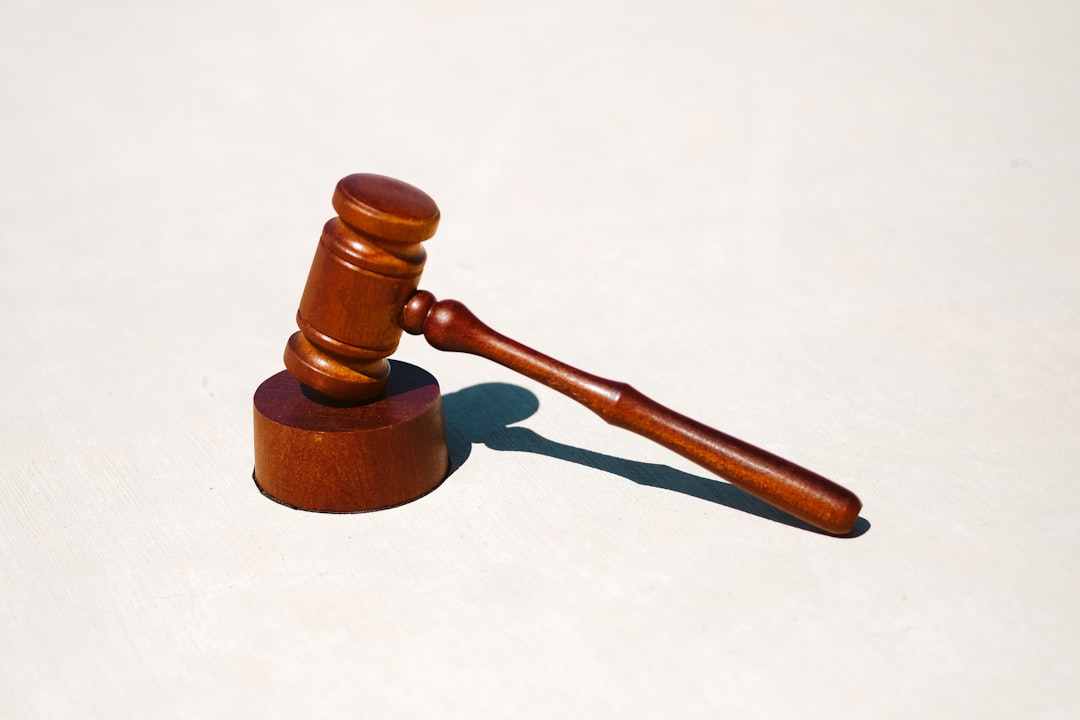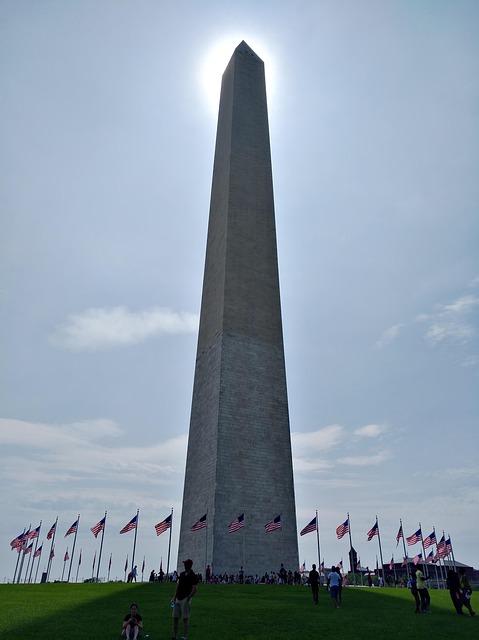In Washington D.C., No Call Laws DC strictly regulate healthcare providers' telemarketing activities, protecting residents from unsolicited calls for health insurance or medical services. Businesses must obtain explicit patient consent and adhere to strict timing and frequency restrictions to avoid fines up to $50,000 and maintain community trust. Exceptions include calls with prior consent, direct communication between provider and patient, and charitable calls by non-profit organizations. Staying updated on these regulations is crucial for legal compliance and ethical marketing practices.
“In the dynamic landscape of healthcare, effective communication with patients is paramount. However, navigating telemarketing restrictions in Washington D.C.’s No Call Laws is essential to avoid legal pitfalls. This comprehensive guide delves into the intricacies of these laws, clarifying who they affect, what calls are restricted, and potential penalties for non-compliance. By understanding these regulations, healthcare providers can ensure ethical practices and maintain patient trust.”
Understanding No Call Laws in Washington D.C.: An Overview

In Washington D.C., no-call laws are designed to protect residents from unwanted telephone solicitations, including those from healthcare providers. These laws restrict when and how businesses can contact individuals for marketing purposes. Specifically, it is illegal for telemarketers to call a consumer who has registered on the state’s Do Not Call list. Residents in D.C. have the right to opt-out of receiving calls by simply registering their phone number, which can be done online or through the mail.
Understanding these no-call laws is crucial for healthcare providers looking to reach out to potential patients. Violations can result in fines, so it’s essential to ensure compliance. Telemarketers must obtain explicit consent before dialing, and even then, there are restrictions on the timing and frequency of calls. Knowing and adhering to these regulations will help healthcare organizations maintain a positive relationship with their community and avoid legal complications.
Who is Affected by Telemarketing Restrictions?

In Washington D.C., the Telemarketing Restrictions, often referred to as No Call Laws DC, have a broad reach. These regulations primarily target healthcare providers and their marketing practices. The laws are designed to protect consumers from unwanted telemarketing calls, especially those related to health insurance or medical services. As such, hospitals, clinics, doctors’ offices, and any entity offering healthcare services fall under these restrictions.
The No Call Laws DC apply not only to direct calls but also extend to prerecorded messages and automated dialing systems. This means that healthcare providers must obtain explicit consent before initiating any form of outbound telemarketing communication with patients or potential clients. Compliance is crucial to avoid penalties, ensuring a more respectful and regulated interaction between healthcare marketers and the public.
Types of Restricted Calls and Exclusions

In Washington D.C., the No Call Laws restrict healthcare providers from making certain types of outbound calls to consumers. This includes sales or marketing calls placed to individuals who have registered on the state’s Do Not Call list, as well as calls made for purposes other than patient care, such as fundraising or soliciting donations. These restrictions aim to protect residents from unwanted and intrusive telemarketing activities.
Exclusions to these rules include calls made with prior express consent of the recipient, calls from healthcare providers directly to their patients, and calls made by certain non-profit organizations for charitable purposes. It’s crucial for healthcare providers to understand and adhere to these regulations, as violations can result in fines and other legal consequences under DC’s No Call Laws.
Compliance and Penalties: What Healthcare Providers Need to Know

Healthcare providers in Washington D.C. must navigate strict regulations regarding telemarketing activities, particularly when it comes to patient privacy and consumer protection. Non-compliance with these rules can result in significant penalties, including fines and legal action. The No Call Laws DC enforce restrictions on unsolicited calls, emphasizing the importance of informed consent from patients. Healthcare organizations must establish robust procedures to ensure compliance, such as implementing do-not-call lists, obtaining proper authorization for marketing calls, and providing clear opt-out options to patients.
Penalties for violations can be severe, with fines ranging from $100 to $50,000 or more per violation, depending on the nature of the infraction. These laws are designed to protect patient rights and maintain consumer trust, holding healthcare providers accountable for their marketing practices. Staying informed about the latest regulations is crucial to avoiding legal pitfalls and ensuring ethical telemarketing strategies in line with Washington D.C.’s No Call Laws.






